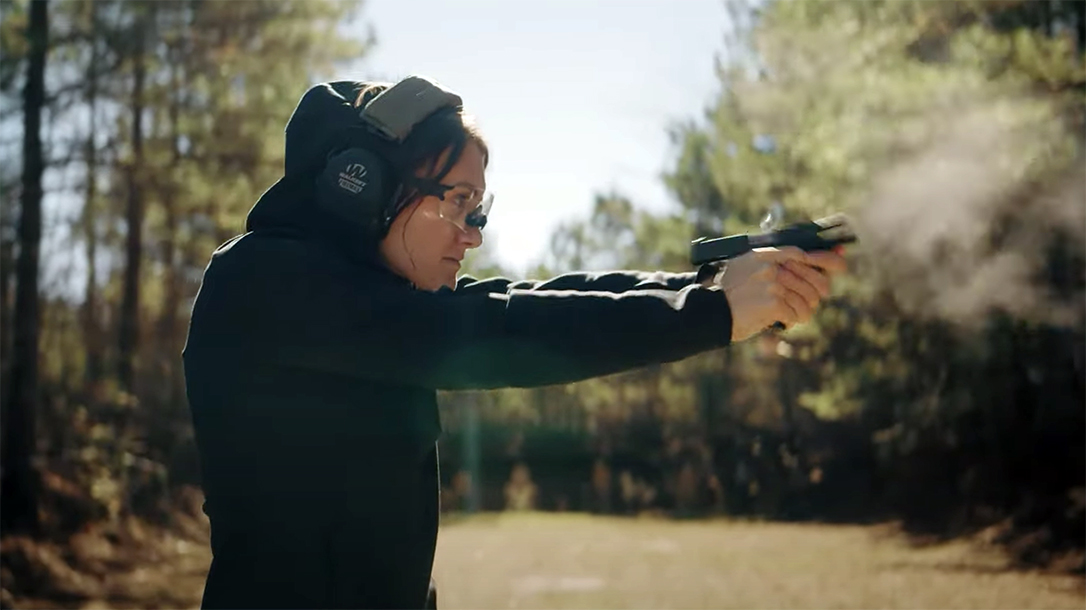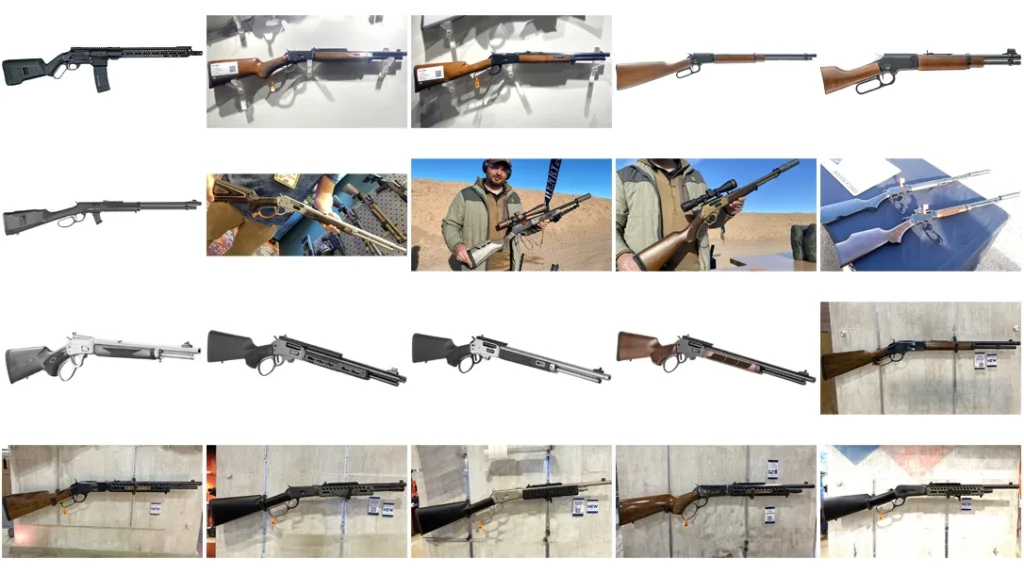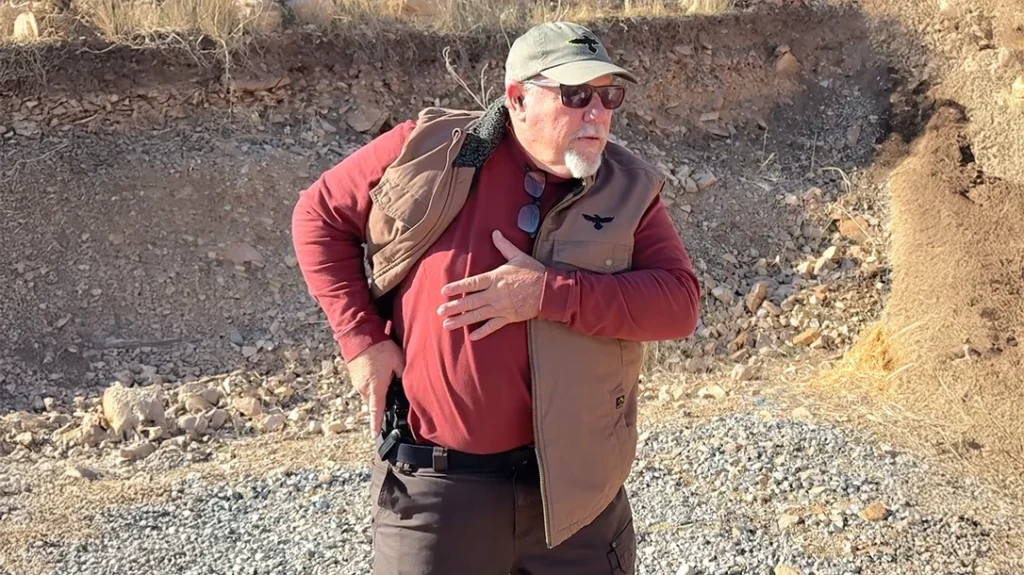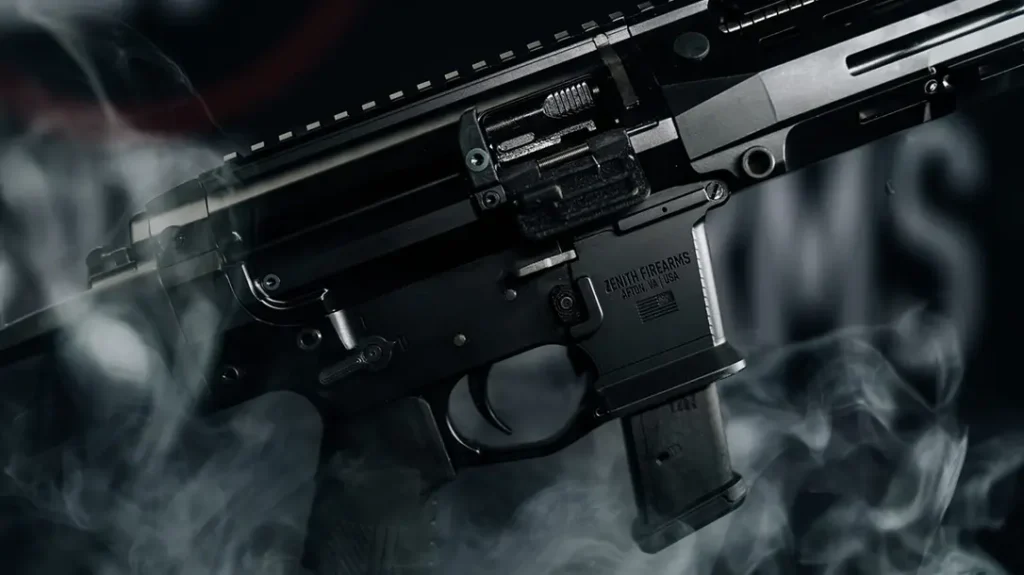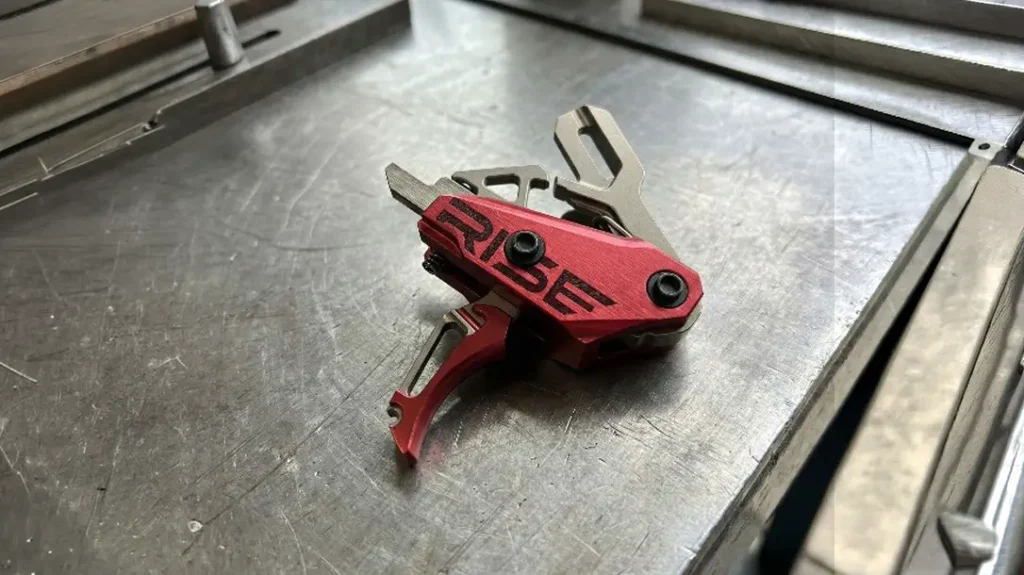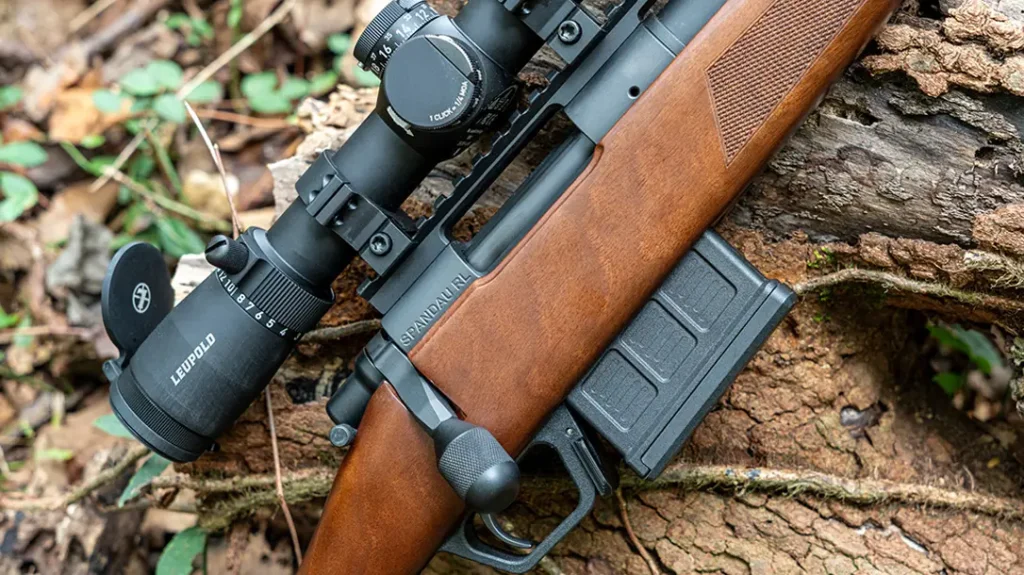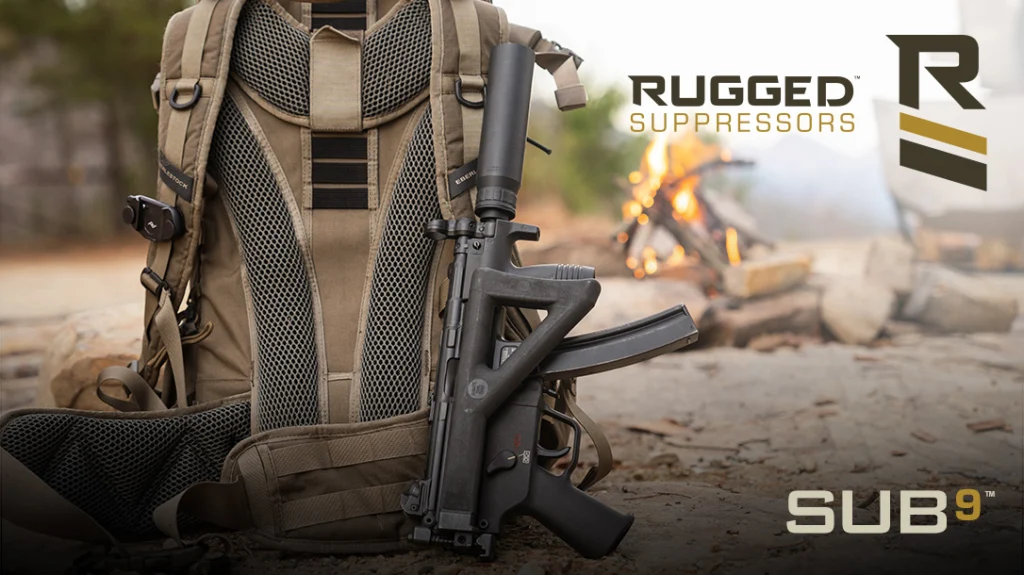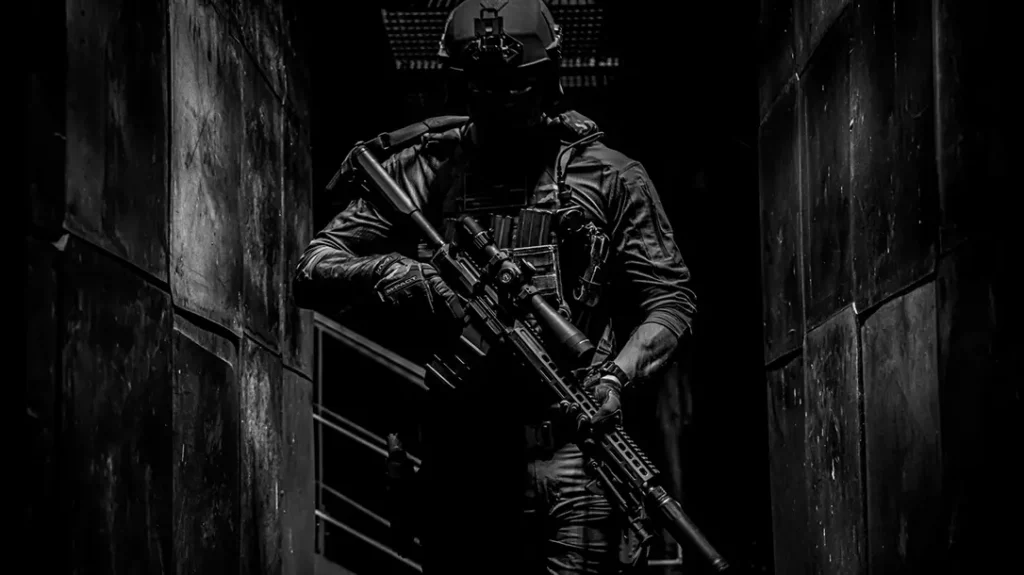Gun folks love a good debate. From .30-06 versus .270, to 1911s and Glocks, we all have our preferences. Those choices go a long way in reflecting what we hold dear in guns and shooting. Power versus speed, old school or modern, several different entrenched camps often define, and sometimes divide us as shooters. These debates range from fun to full-on rage monsters at times. One debate that continues picking up steam with the progression of small cartridges and the semi-autos that chamber them comes via .380 vs 9mm.
The Small-Caliber Defense Debate: .380 vs 9mm
One of our favorite competition shooters just posted a video jumping on that vey topic. Lena Miculek, of the famed shooting Miculeks by way of Shootout Lane, shoots for Team SIG Sauer. She’s one of the absolute best and really knows her stuff.
Advertisement — Continue Reading Below
Part promotion for the wildly popular P365 platform, the video nevertheless frames the question of which cartridge works best. And the answer, especially in today’s CCW market of small semi-autos and advanced bullet technology, centers on the needs and ability of the shooter.
Bullet Velocity
The .380 and 9mm both offer their own sets of strengths and weaknesses. In terms of shooting the rounds out of the same basic platform, bullet velocity constitutes a performance difference.
“What these guns eat is what makes them different,” Miculek said. “The .380 is a smaller bullet, just by a bit. And you’re like, ‘OK, what does that mean?’ Well, we’re looking at like 100 feet per second difference in velocity. Velocity is how fast these bullets are actually coming out of the gun.”
Advertisement — Continue Reading Below
Bullet Weight
Next comes bullet weight, a big factor in terminal performance. Here the 9mm shines greater, in an apples-to-apples comparison, Given equal barrel length, defensive 9mm loads achieve greater muzzle velocity than the .380.
“The 9mm, it weighs more than this one (.380). This is a 90-grain bullet (.380). This one’s like (9mm) like a 115-grain. That’s 25 grains (difference),” Miculek said.
Recoil Management
Those differences play out in shootability for some. The .380 delivers less perceived recoil upon the shooter. That most often translates into less muzzle flip, helping shooters put more rounds on target quickly. Conversely, 9mm hits a little bit harder. With today’s incredible bullet technology, 9mm bullets perform tremendously during ballistic testing. They deliver performance not achieved way back when some of these cartridge debates first formed.
Advertisement — Continue Reading Below
“Carrying a gun on you is a huge responsibility. … But know that A gun is so much better than no gun,” Miculek said “So if 9mm is too much for you to handle, you don’t feel comfortable and confident shooing it, it’s just not where you are physically, maybe it’s just a no. Cool, it doesn’t matter what your reason is, it’s your reason. .380 might be your answer because it can help you feel more comfortable, feel a little bit more confident, not have the gun jump in your hands so much. And it can either be a forever answer, a training answer, it can be anything, but it’s definitely a solid answer for anyone looking for concealed carry.”
For more info on the SIG P365, please visit sigsauer.com.
